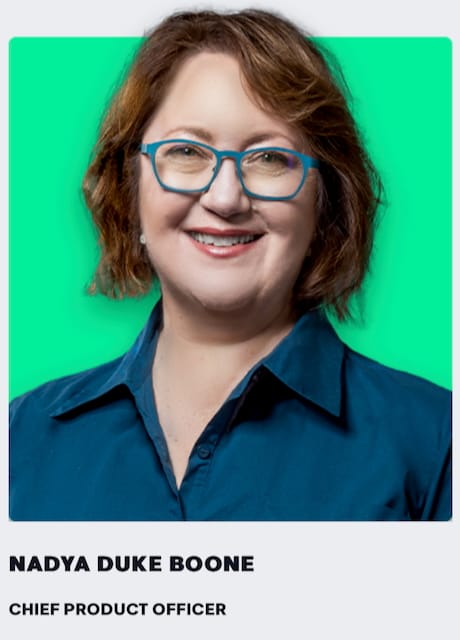A Job Title is Not a Brag

A job title is not a brag. A brag is a story about the difference you’ve made and the challenges you've overcome.
When I say that I help people brag better some people laugh and say the people they work with certainly don’t need any help bragging. We all know people who are all too ready to rattle off a list of credentials, from where they went to school, to where they’ve worked, to the ARR growth or exit amount of their last startup.
But a list of titles or achievements is not a brag. It is, at most, a short hand for a brag. That shorthand works best with people who have pretty much exactly the same context you do. When I started working with Silicon Valley folks, I learned there were times that a little shorthand came in handy.
I think of that shorthand as a credibility booster, not a brag. And credibility boosters are handy tools. For example, if I meet someone and I want them to know that I’m an experienced leader and product person, I’ll mention that I was a Chief Product Officer. If they want technical chops I’ll mention my engineering degree. These resume headlines are just shorthand, whether it’s education, an award, or time at a well-respected company.
But telling someone I was a Chief Product Officer is not a brag. A brag might be telling the story of how I got my first CPO job, or what I did when I was CPO and why I’m proud of it.
My husband just achieved a major milestone in his sport. But his sport is not well known and the milestone he achieved even less so. So we worked out a story he could tell his family and friends so they would know what a big deal this is for him. The rough outline is this: “Several years ago I set a goal to achieve X. I worked really hard to be get better. And now I’m really excited and proud to have been told that I’m one of four people in the country who earned X and will get to do Y.”
Now, you don’t need to know the sport or the X or the Y to understand that the speaker set a goal, worked hard, achieved a major milestone and is justifiably proud. By contrast, if he just said “I got X,” people wouldn’t know why this was a big deal.*
Awards are a similar shorthand. I can say I launched an award winning product, but that’s not telling a lot. What was the competition? What made my product stand out? What was hard about the journey there? Those are potential pieces of a brag.
A brag isn’t a tech bro listing off his Stanford degree, Google internship, and ten million dollar exit. That’s him establishing his credentials in a very particular context. (Or in an other context, just being annoying.) If he wants to brag, let’s hear how he got into Stanford, what almost kept him from graduating, or how he paid for it by working two jobs.
It’s like the difference between a resume and an interview. The resume establishes credibility and gets you an interview. In the interview you show how you achieved these things, and why that means you can achieve even more. Many people might have the same job title, but your story—your brag—is unique.
This is why I think bragging can be a force for good. It makes us look at the why and how of what we’ve done, rather than simply keep score on an arbitrary and intangible scale.
Your Dot Release: Pick something off your resume: a job title, award, or credential. Now develop a short brag that shows what you did to achieve it and why it matters. See the difference? You’re pretty awesome!
*He earned a spot on the national team (X) to represent the US at the international competition that’s only held every three years (Y). I’m so proud of him!
Welcome to the Dot Release, my newsletter for focused and actionable career, leadership, and product advice. You don't need a full upgrade, just implement a dot release! If this has been helpful for you, please forward and share with a friend. All articles are available for free and you can subscribe on my website. Got a question or comment? Hit reply to drop me a note. I love hearing from you.